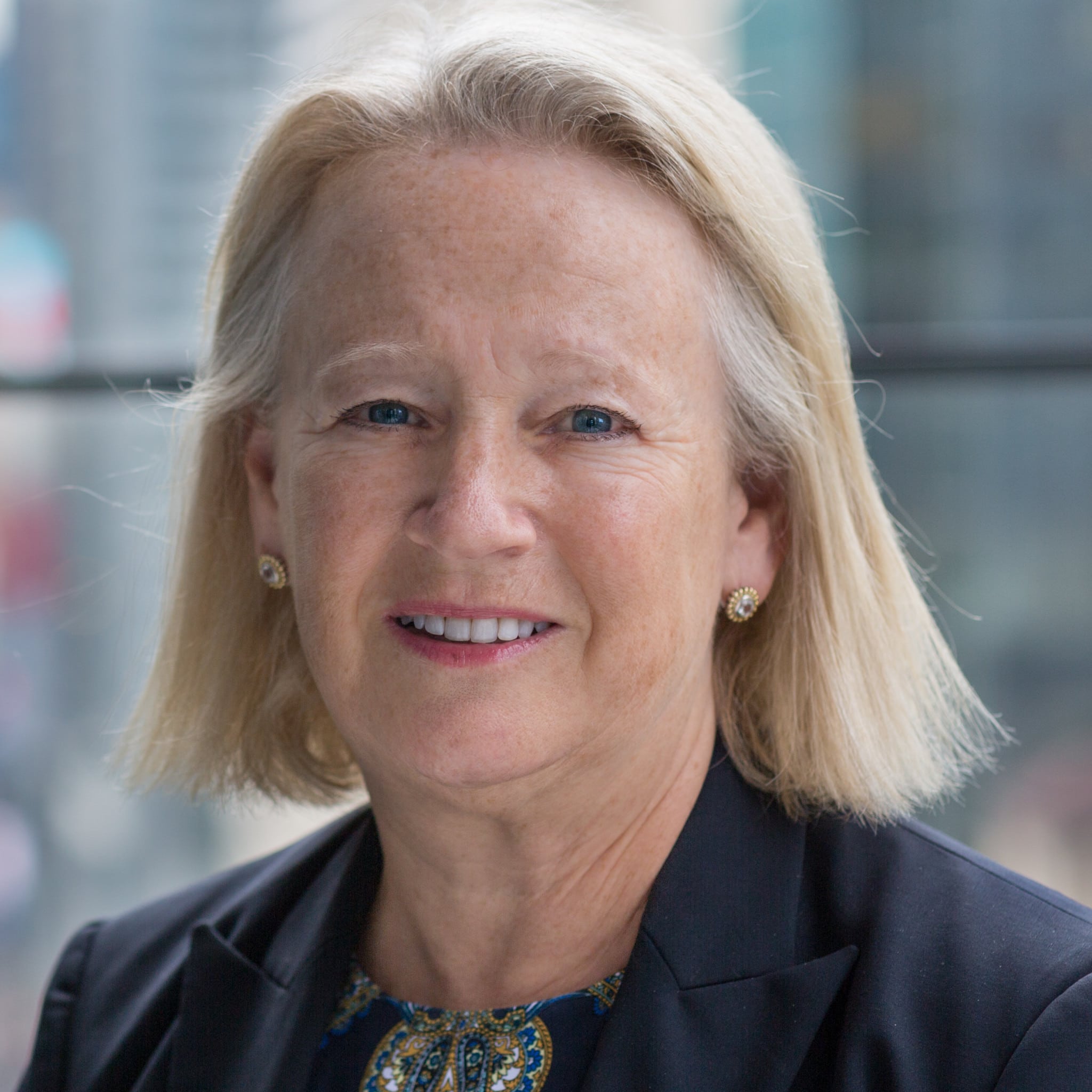
Investors are beginning to understand the importance of recognizing the potential risks posed by climate change to companies they look to put their money into, according to Mary Schapiro, former chair of the U.S. Securities and Exchange Commission and current special adviser to the Group of 20’s Task Force on Climate-Related Financial Disclosures.
Companies have begun to try to meet the demand for climate-related risk assessments , but there is not yet a common tool for doing so, meaning investors don’t always get the information they need, according to Schapiro. “Investors are demanding this information. Every survey shows that a high percentage of institutional investors want better disclosure around climate-related risk, but they don’t get that disclosure, they get boilerplate, they get noncomparable numbers, so you can’t compare companies across an industry or within a sector,” Schapiro said during a discussion Monday at the Atlantic Council in Washington, D.C.
The task force is working to remedy this problem by developing “voluntary, consistent climate-related financial risk disclosures for use by companies in providing information to investors, lenders, insurers, and other stakeholders,” according to the task force website.
The tool under development will look beyond the physical risks that climate change can impose on a business. “Physical risk we all understand; it’s raising sea levels, it’s a warming planet, it’s access to resources like water being compromised,” Schapiro said. “But there’s also the transition risk, which has the potential to have very profound financial impacts on companies.”
Transitional risk relates to the challenges a business could face due to measures such as climate change policy, which could, for example, raise prices on fossil fuels. “That kind of sudden transition in the economy as a result of legislative fiat or technological change could send real shudders through the financial system depending on the exposure of investors or lenders or underwriters to those assets that have been abruptly repriced,” Schapiro said.
At this point, if investors are interested in how a company they are eyeing is dealing with climate risk, they must obtain the data themselves by sending a survey to the company. But the information gained isn’t public in this case. “That’s great for that institutional investor, but the rest of us don’t get to share in that information, there’s a profound unfairness to that,” according to Schapiro.
The tool the task force is developing will not be mandatory for companies, and is not meant to control markets, Schapiro explained. “Transparency is the lifeblood of markets,” she said. “Markets are the most powerful tools on Earth. If we can supply the markets with the information they need to understand what these risks are … then I can make a decision.”
It’s up to investors to determine the validity of the risks reported or the importance of those risks. “Those are my free-will decisions to make, but I’ve got to have the information to make those choices, and that’s really what this is all about,” she said.
The task force will release a report on its proposed tool to the Financial Stability Board later this month. A 60-day comment period will open in early December. Any comments will be reviewed and a final report will be provided to the board in the spring. It will then be presented to the leaders of the G20, who will decide if and how to move it forward.